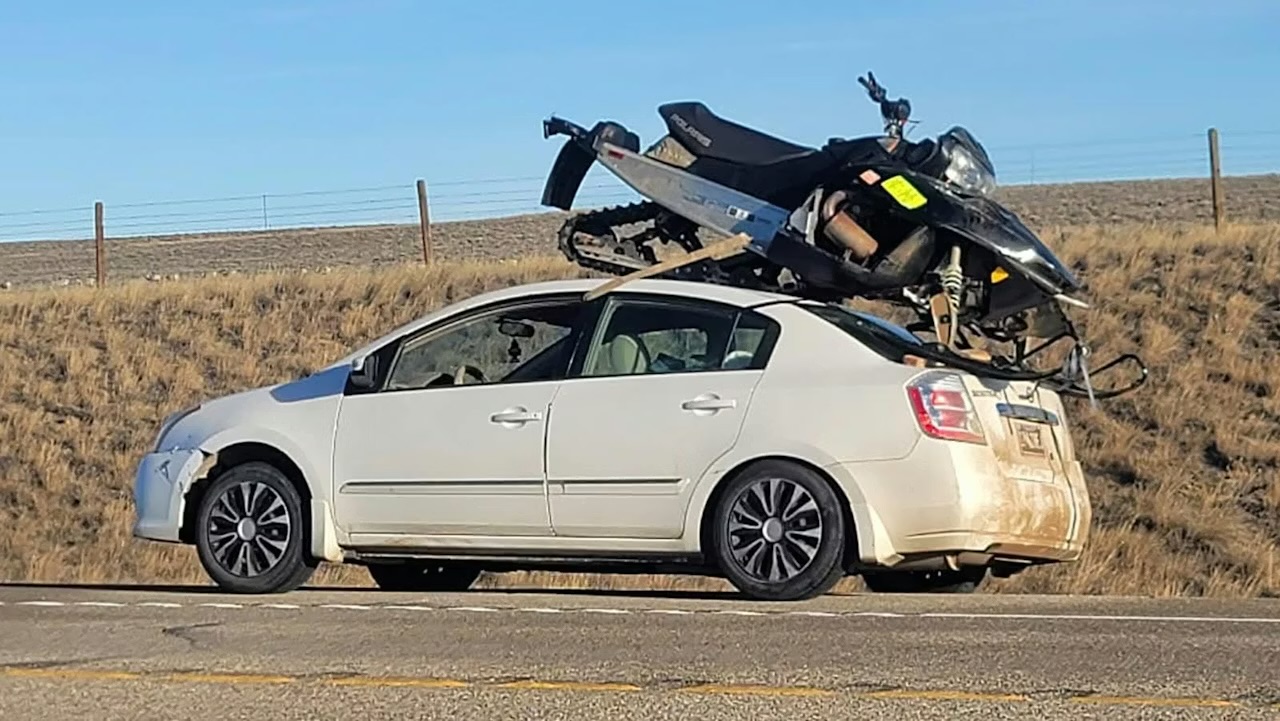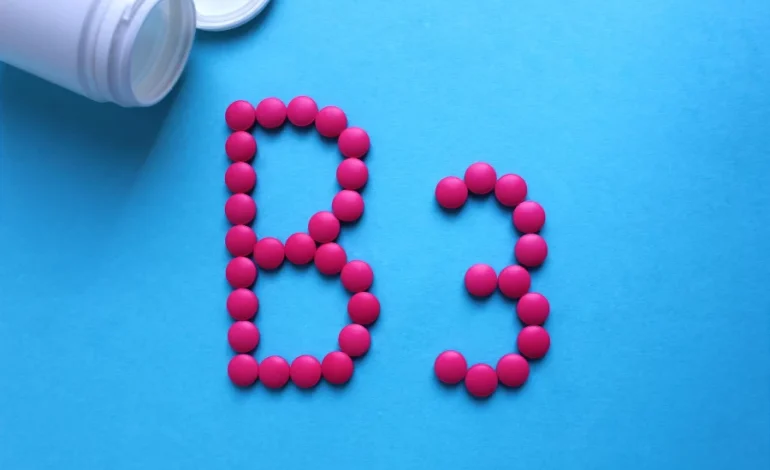Dermatologists who spend their days cutting out skin cancers have been quietly recommending nicotinamide — the amide form of vitamin B3 — for years. It’s inexpensive, over the counter, and lab studies suggest it helps skin cells repair UV damage. Now a massive real-world study of nearly 34,000 US veterans adds weight to that practice, tying the supplement to fewer new non-melanoma skin cancers in people who’ve already had one.
Published in JAMA Dermatology, the analysis zeroed in on veterans prescribed 500 milligrams of nicotinamide twice a day for at least a month and compared them with similar patients who didn’t take it. Across the entire group, the supplement was linked to about a 14 percent drop in new non-melanoma cases — mainly basal cell and cutaneous squamous cell carcinomas. The headline result was even more striking for timing: people who started nicotinamide after their very first skin cancer went on to have a 54 percent lower risk of another, compared with peers who skipped the supplement. The effect was most pronounced for squamous cell cancers.
Vanderbilt University dermatologist Dr. Lee Wheless, who co-led the work and also practices at the Tennessee Valley VA, called the size of the benefit a surprise, even with earlier hints from research. A 2015 Australian randomized trial in 386 high-risk patients had already pointed in this direction, and a subsequent survey found most Mohs surgeons were recommending nicotinamide. But pulling outcomes from tens of thousands of VA records allowed researchers to test how the benefit changed with patients’ cancer history, other risks and the timing of when they started the pills. The pattern that emerged suggests “earlier is better” as secondary prevention; once people had accumulated multiple cancers and widespread sun-damaged “field cancerization,” the advantage shrank.
Outside experts say the new data clarifies when to bring B3 into the conversation. Bay Area dermatologist and skin-cancer surgeon Dr. Sarah Arron, writing in an editorial alongside the study, argued the growing literature supports routinely offering nicotinamide to patients after their first non-melanoma skin cancer, especially since the supplement is widely available and generally well tolerated. She stresses the label matters: patients should look for nicotinamide or niacinamide, not niacin (nicotinic acid), which behaves differently and does not carry the same evidence for cancer prevention.
What nicotinamide seems to be doing is lessening the cumulative damage. In lab models it boosts DNA repair after UV exposure, and it tempers the platelet and inflammatory activity that helps damaged cells survive and spread. That biological rationale matches the clinic: people earlier in their skin-cancer journey, with less background damage, reap more benefit. The study also explored solid organ transplant recipients — a group at very high risk because of immune-suppressing drugs — and didn’t see an overall benefit there, though starting early appeared to help with squamous cell cancers in some.
There are important boundaries to keep in mind. This research didn’t test melanoma, the more dangerous form of skin cancer, and it doesn’t prove a benefit for people who’ve never had skin cancer; those questions need prospective trials. Nicotinamide’s track record for safety is good and side effects are usually mild, but it’s still wise to loop in your clinician and pharmacist before adding any supplement, especially if you’re juggling other medications or have kidney or liver issues. And topical niacinamide — a darling of serums and moisturizers for tone and texture — hasn’t been shown to prevent skin cancers the way oral nicotinamide may.
None of this replaces the basics. Sunscreen, shade, hats, protective clothing and regular skin checks are still the frontline defense, and they matter enormously given that about one in five Americans will develop a skin cancer in their lifetime and the US spends billions each year treating them. What the veteran data suggests is that for people already in the club — particularly those just diagnosed with their first non-melanoma skin cancer — a simple vitamin B3 capsule could be a low-cost, low-risk way to tilt the odds against a second round.










The latest news in your social feeds
Subscribe to our social media platforms to stay tuned